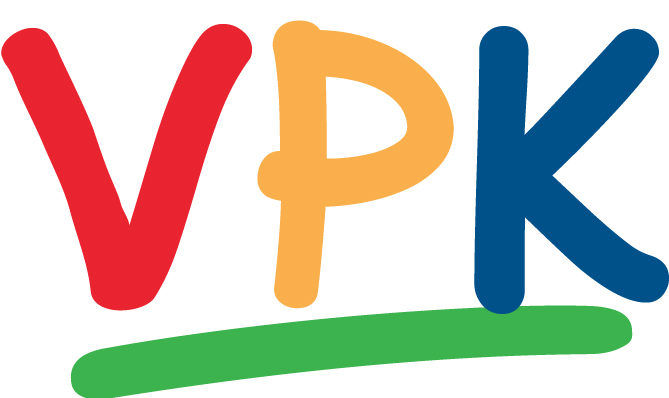Is VPK the same as Pre-K?
- Andrea Alvarez
- Jun 23, 2025
- 3 min read
Updated: Sep 9, 2025

While VPK (Voluntary Prekindergarten) and preschool are both early childhood education programs, they are not exactly the same. There are key differences between the two, including their funding, structure, and target audience. Here's a breakdown of the similarities and differences:
Similarities:
Age Group: Both VPK and preschool programs serve young children, typically between the ages of 3 and 5. These programs aim to prepare children for kindergarten by providing foundational learning experiences.
Focus on Early Learning: Both programs focus on social, emotional, and academic development. They emphasize key skills such as literacy, numeracy, motor skills, social interactions, and emotional regulation.
Play-Based Learning: Both types of programs often use play-based learning strategies, allowing children to explore and develop through hands-on activities.
Differences:
1. VPK (Voluntary Prekindergarten)
State-Funded: VPK is a state-funded program in Florida, designed for all 4-year-olds in the state. It’s provided free of charge to families, regardless of income, as long as the child meets the age requirement (usually 4 years old by September 1st).
Curriculum and Standards: VPK follows specific Florida Early Learning and Developmental Standards (FELDS), which outline the educational expectations for children in the program. These standards ensure that all VPK programs offer a consistent quality of instruction focused on kindergarten readiness.
Duration and Schedule: The VPK program is usually available as either a 3-hour or 6-hour program, depending on the choice of the family or the specific program. It typically runs during the school year, aligning with the traditional academic calendar.
Free and Universal: VPK is universally available to every child in Florida, regardless of family income, making it a broad initiative aimed at ensuring that all children have access to high-quality early education before they enter kindergarten.
2. Preschool
Privately Funded: Preschool programs are usually privately run, though some may be offered through schools, community centers, or religious organizations. These programs can charge tuition or be free depending on the provider and location.
Varied Curriculum: The curriculum in preschool programs can vary widely, depending on the individual preschool. While many follow similar educational standards and focus on preparing children for school, there is more flexibility in how preschool programs structure their curriculum. Some preschools may have a play-based approach, while others may integrate more formal academic instruction.
Age Range: Preschools typically accept children from around 2 to 5 years old. While VPK specifically targets 4-year-olds, preschools may serve a broader age range, including younger children.
Schedule and Length: Preschool programs can vary significantly in their hours, schedules, and duration. Some may operate part-time (a few hours a day), while others may offer full-day programs, and the school year may not necessarily align with the traditional academic calendar.
Summary:
VPK is a state-funded program in Florida, offering free education for 4-year-olds, with a specific focus on preparing children for kindergarten. It is guided by a standardized curriculum and follows state-established guidelines to ensure consistency in education.
Preschool is a broader term that refers to a variety of early childhood education programs, which may be privately funded, offer different curriculums, and serve a wider age range. It may or may not follow state regulations like VPK, depending on the program.
While both VPK and preschool aim to help children develop the skills they need to succeed in kindergarten, VPK is a specific, state-funded program in Florida that is free and universally available to 4-year-olds, whereas preschool is a more general term that can vary widely depending on the provider.

.png)







Comments